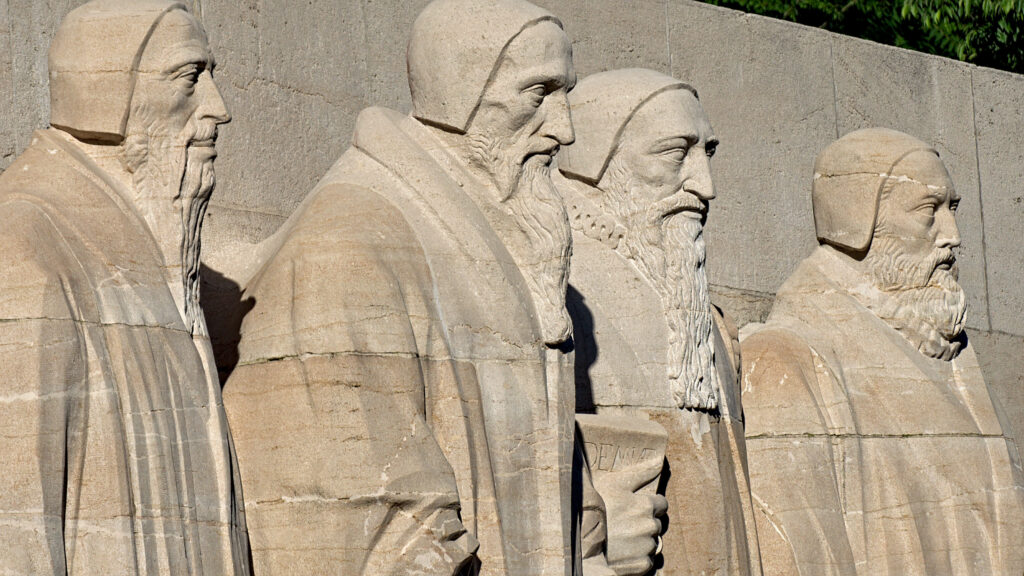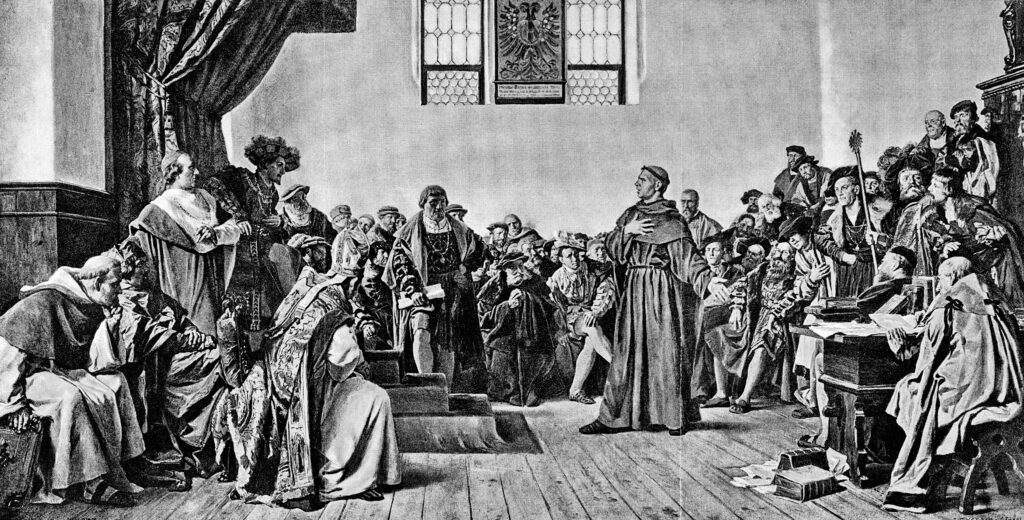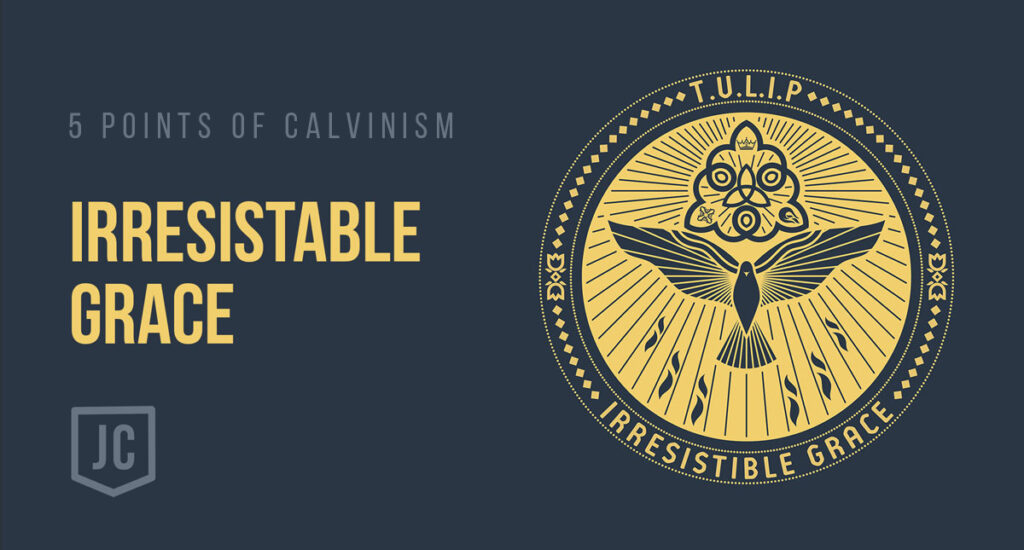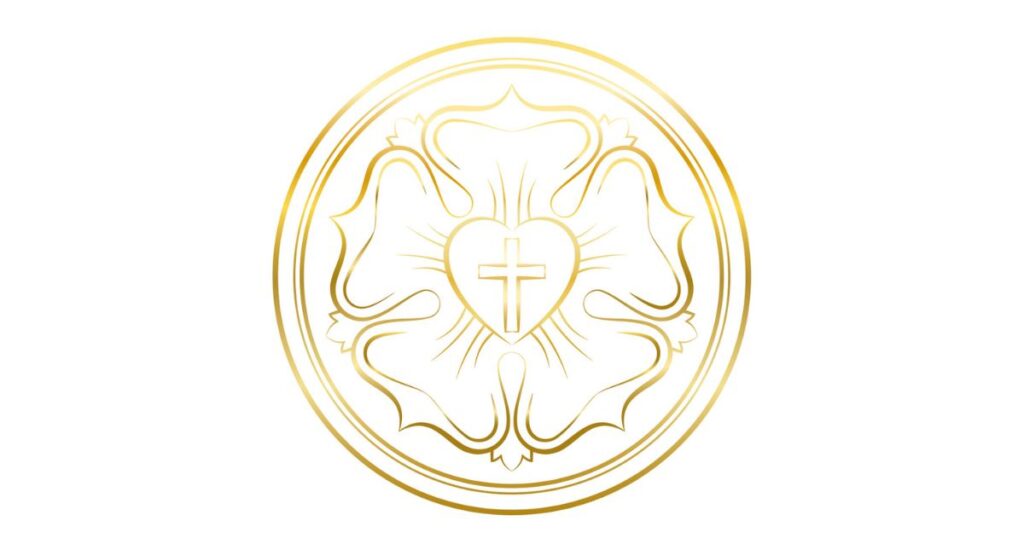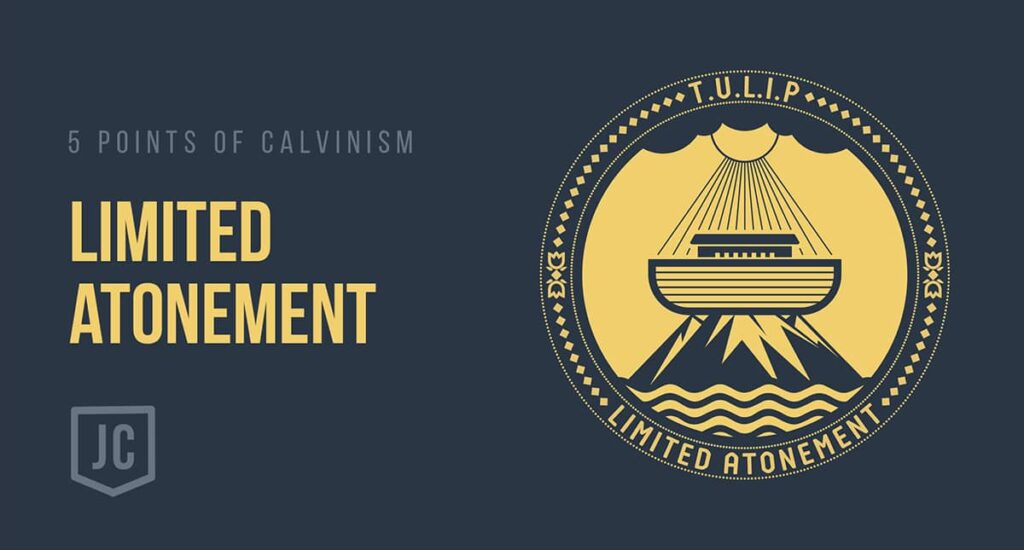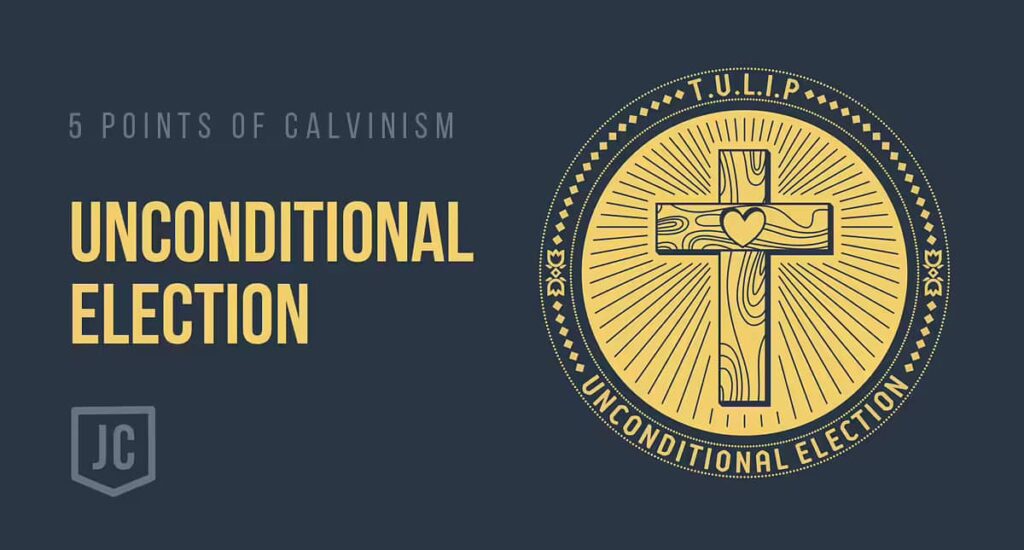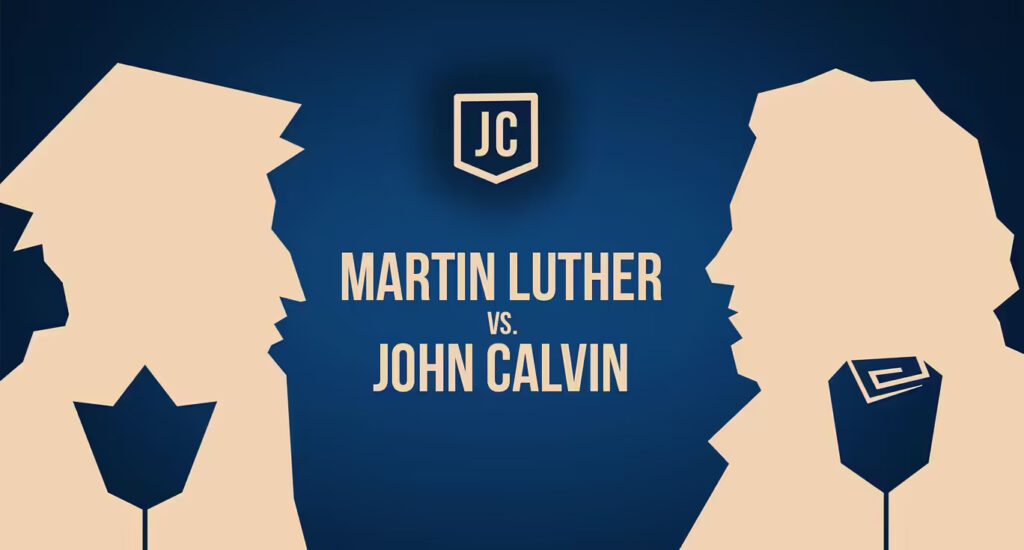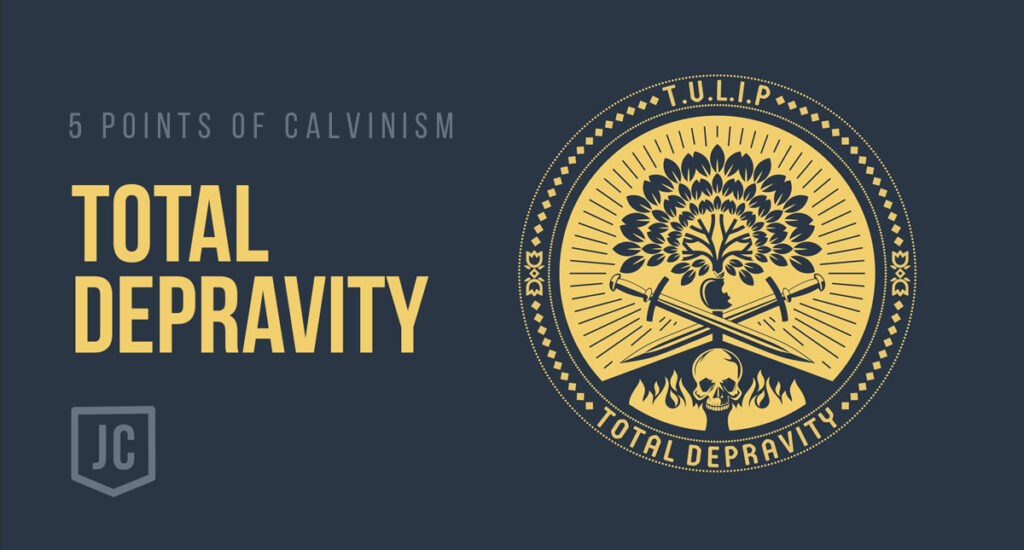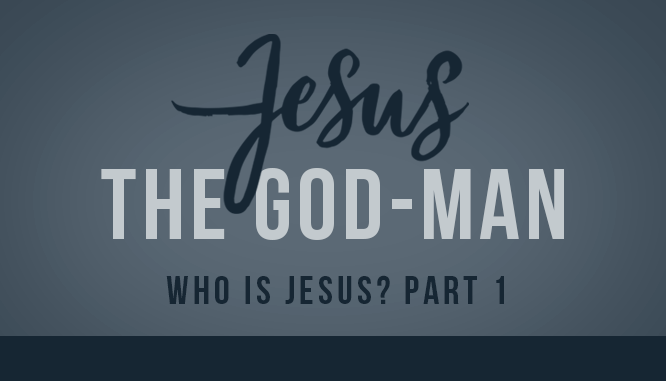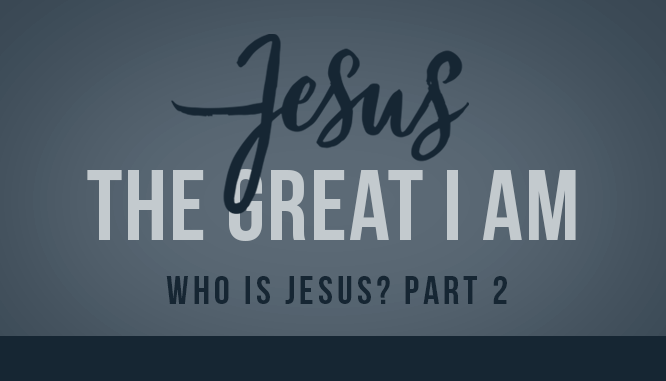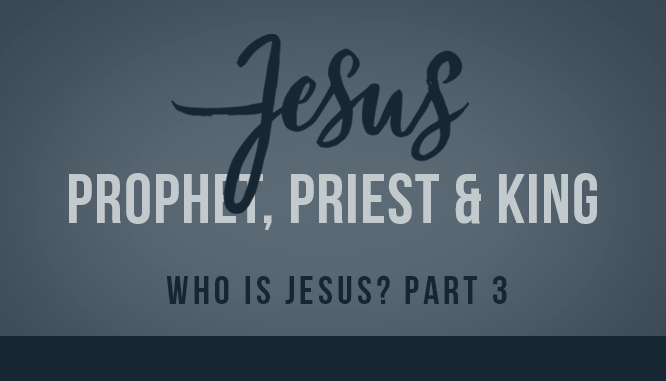Blog
Why Did John Calvin Write the Institutes of the Christian Religion?
In the realm of theological literature, few works have had as profound an impact as John Calvin’s ‘The Institutes of the Christian Religion’. A towering figure of the Protestant Reformation, Calvin crafted this magnum opus with a purpose that resonated far beyond his time. Why did John Calvin write ‘The Institutes of the Christian Religion’?
Which Statement Best Defines the Teachings of John Calvin?
John Calvin, a prominent figure of the 16th-century Protestant Reformation, left an indelible mark on Christian theology. His teachings, known as Calvinism, have shaped the understanding of countless believers throughout history. Central to Calvin’s theology are concepts like predestination, human depravity, and the authority of Scripture.
How did the Catholic Church respond to the Protestant Reformation?
The Protestant Reformation of the 16th century was a major challenge to the Catholic Church’s authority and power, which marked a significant turning point in the history of the Christian Church. Led by figures such as Martin Luther and John Calvin, Protestants challenged the authority of the Roman Catholic Church and its teachings, leading to a period of religious upheaval and division.
The Five Points of Calvinism – Irresistible Grace
Irresistible grace is the fourth point in the five points of Calvinism. It is sometimes thought of as the one that holds them all together. This is because, without God’s irresistible grace, the work of salvation can never begin. A century after Calvin, people were in an uproar about it. Debates broke out about how people came to believe in Jesus. Did people just will themselves into belief?
How Did Martin Luther Start the Protestant Reformation?
The Protestant Reformation was a transformative religious, political, and cultural movement that altered the course of European history in the 16th century. At its heart was a German monk named Martin Luther, whose ideas sparked a spiritual revolution that eventually gave rise to new forms of Christianity. His defiance against the Catholic Church and his…
The Five Points of Calvinism – Limited Atonement
Limited atonement is often considered the most controversial point of the Five Points of Calvinism. This is because, like Unconditional Election, it is often deemed unfair for God to save some and not others. Nevertheless, despite its controversy, limited atonement has been essential in the Reformed understanding of salvation from Calvin to today.
The Five Points of Calvinism – Unconditional Election
For Calvin and the Reformers, the salvation of man rested on God’s determination alone. This simply means that God did not base His decision to save us on anything we do or say. Instead, it is solely God’s sovereign choice to save whoever He wants. Reformed theologians refer to this sovereign choice as “Unconditional Election.” This is the second point of the five points of Calvinism or the U in TULIP.
Martin Luther vs. John Calvin
The online search phrase “Martin Luther vs. John Calvin” is made hundreds of times a month by those discovering the richness of church history for the first time, and rightly so. No religious reformers influenced the world more than these two Titans of Christianity. Though the Protestant Reformation passed the five-hundred-year milestone in 2017, the air is still abuzz with the sound of their voices.
The Five Points of Calvinism – Total Depravity
Total depravity is the Reformed teaching that every single person is totally estranged from God. It teaches that humans are all corrupted by sin; no one could ever hope to be in a right relationship with God on their own merit.
Total depravity is often connected to the doctrine of original sin. This doctrine does not refer to the first sin or to the origin of sin.
Who is Jesus? The God-Man
Jesus is the most famous historical figure in the world. He has been simultaneously admired, hated, obeyed, mocked, and worshiped. And while everyone has heard about Jesus, few today seem to know who He really is.
Who is Jesus? The Great I AM
Did Jesus really ever claim to be divine? Was He God? Or was He just a wise man who taught people to be kind and to love? These are questions that continue to plague the modern mind.
Who is Jesus? Prophet, Priest, King
Jesus is the Prophet that made God’s Word live in us. He is the Priest that shed His blood for us. He is the King that rules over us with justice and peace. Discover more about Jesus, the Prophet, Priest and King.

